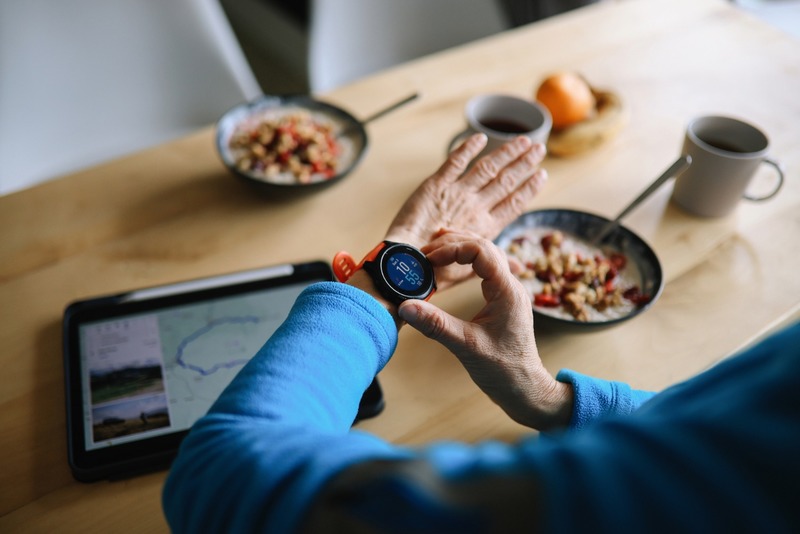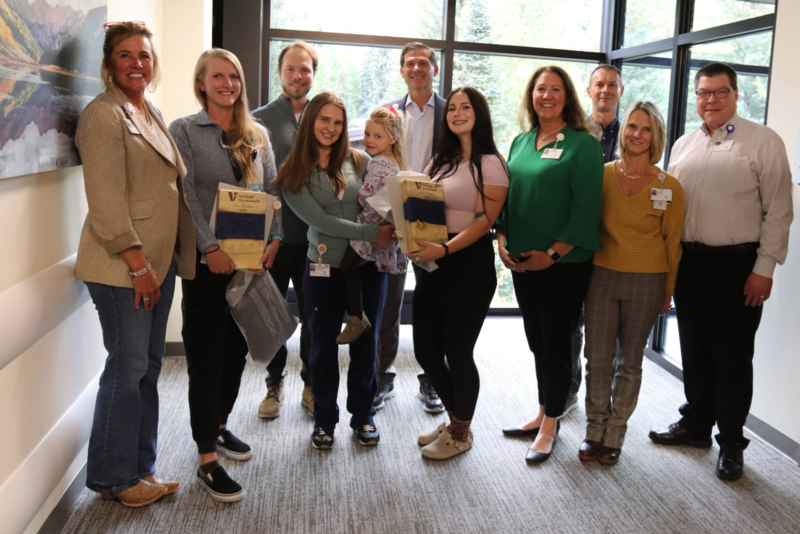News
Breast Cancer Risk: Do Fruits & Veggies Matter?
Consuming a diet high in fruits and vegetables is a key habit for obtaining and maintaining a healthy weight, and there is strong evidence that obesity or being overweight increases the risk of post-menopausal breast cancer. According to the American Cancer Society, at least 18% of all cancers and about 16% of cancer deaths in the U.S. are related to excess body weight, physical inactivity, alcohol consumption, and/or poor nutrition. However, when it comes to fruits and vegetables alone, the research is not as clear about these foods' direct link to lowering the risk of breast cancer.
A recent American Institute of Cancer Research (AICR) study published in the British Journal of Cancer, found that consuming high amounts of fruits and vegetables lowers the risk of breast cancer compared to eating smaller amounts. Additionally, the paper found that those with hormone receptor negative tumor types (not associated with estrogen or progesterone) saw an additional benefit of 26% reduced risk.
While the evidence linking diet and breast cancer is still being scientifically discovered, eating a hearty amount of fruits and vegetables still has several other health benefits. These plant foods contain important phytochemicals, fiber and nutrients the body needs for good health, maintaining a healthy weight, and for prevention of many chronic illnesses. The most recent AICR report found that fruits, vegetables and other foods containing fiber are important for preventing cancers of the colon and oral cancers.
The AICR recommends eating at least 3.5 to 5 cups of fruits and vegetables daily. Here are some tips for incorporating fruits and vegetables into your daily diet:
- Incorporate a variety of fruits and vegetables into breakfast smoothies.
- Add more veggies to your sandwiches or wraps.
- Have a salad with lunch and dinner.
- Add vegetables to soups, spaghetti sauces, and pizza.
- Incorporate fruits and vegetables into snacks.
- Make a choice to include at least 1-2 servings of fruit and/or vegetables every time you eat.
More News
-
New!
More

First Chair to Last Call: What Does Alcohol Really Mean For Your Health?
In nearly every Colorado ski town, some iteration of the neon sign blares its play-hard-party-harder anthem. It’s a not-so-subtle nod to mountain party culture, a lifestyle that normalizes combining sports and outdoor adventures with heavy drinking and partying. In Eagle County, après culture, high-altitude living and outdoor performance have coexisted for as long as locals have been sliding on snow. But how much is too much at altitude? And what role do social support systems play in helping residents find balance?
-
New!
More

Counting More Than Steps: How Wearables Can Help (or Hinder) Your Health
From step counts to sleep stages, heart rate variability to blood sugar spikes, wearable devices are giving us a front-row seat to what’s happening inside our bodies. Strapped to wrists, slipped onto fingers or wrapped around our biceps, wearables like the Oura Ring or Whoop strap promise insight and advice in the quest for better health.
-
More

Cass Barham and Sarah Crabtree Honored As Recipients of Vail Health Elevate Award
Cass Barham and Sarah Crabtree, both lab techs at Vail Health Hospital, have been named recipients of the Vail Health Elevate Award. Vail Health created the Elevate Award in June 2022 to give patients and their families an opportunity to nominate and thank employees who have touched their lives in some way.
